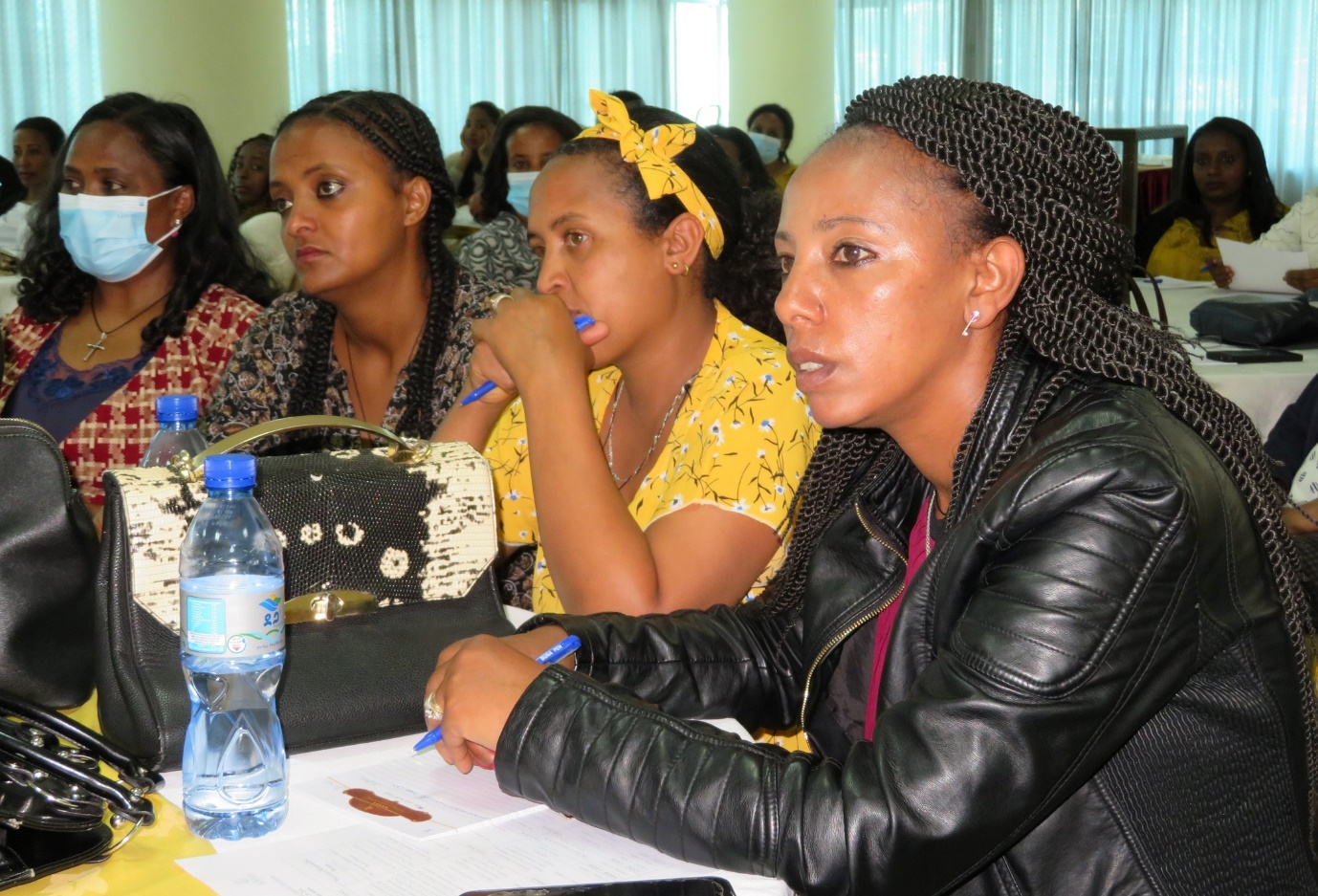Now that the two-year conflict in Ethiopia’s northern Tigray and surrounding region is over, Ethiopia faces the daunting task of recovery and reconciliation following the horrific human rights violations committed by both sides of the conflict. An opportunity exists for the establishment of an inclusive transitional justice process that — if seen as fair and just to all parties —offers hope for a lasting peace.
Loosely defined, transitional justice is a mechanism designed to bring about accountability, justice, and reconciliation in post-conflict and transitional societies through a process of national dialogue, legislative reforms and institutional change.
While the Ethiopian government has limited experience with transitional justice, regional and local civil society organizations, human rights organizations, and international donors do have experience.
For more than four years, Millennium Partners has worked closely with the Ethiopian justice system and civil society organizations—knowing firsthand that a meaningful transitional justice process must fully include the government and civil society in addition to traditional and religious leaders, survivors, and groups excluded due to gender, politics, or ethnicity.
Under Millennium’s USAID’s Feteh (Justice) Activity, initiatives for conflict resolution are already taking place in several regions of the country, bringing together human rights organizations, like Ethiopian Human Rights Commission (EHRC), to lead training sessions focused on human rights, monitor legal and judicial reforms, and enhance human rights education.
In addition to prosecution or reparations for past actions, Millennium Partners understands that the process of transitional justice must also be preventative — building systems that contribute to non-repetition and address the root causes and drivers of conflict, gender-based violence (GBV), conflict-related sexual violence (CRSV), discrimination, and other rights abuses.
Preventative measures are already underway—thanks to the support of USAID’s Feteh (Justice) Activity. Ethiopian women at all levels of society are being included in the peacebuilding and transitional justice process and play an increasingly important role.
For instance, under Feteh’s grantee, the Ethiopian Mediation and Arbitration Center (EMAC), 112 female judges have received family mediation training. These trainings have equipped them with skills to approach female litigants (often victims of conflict-related abuse) in simpler and less stressful ways—enabling them to mediate smoothly and to ensure a fair outcome to disputes.
Women in the village of Awra Amba, near Bahir Dar, actively lead conflict resolution and peacebuilding. In this community, it is the women who help resolve family conflicts, upholding the rule of law and peace in their community.
These stories and others are presented in USAID Feteh Activity’s regular radio programs, produced with broadcaster Solomon Advert. They explore the powerful role that women can have in conflict resolution and peacebuilding and in the new work of transitional justice. Recognizing that if women are meaningfully included in the transitional justice process, the root causes of violence and discrimination and possible solutions, including broader social and economic rights, can be more comprehensively identified. The transitional responses to specific contexts will be more inclusive and more effective overall.
Empowering women to be the agents of change rather than its objects requires creating a safe and enabling environment for all women to exert their power to shape peace and justice in their communities and on the national stage. During times of conflict, women are disproportionately affected and often the victims of gender-based violence, lacking basic access to justice. Yet at the same time, women are often at the forefront of human rights movements, demanding change. Therefore, giving women a voice and a place at the table will be critical in Ethiopia’s transitional justice process if a durable peace is to be achieved.
“Transitional justice can be an opportunity for genuine national dialogue to address not only the human rights violations and other crimes occurring during a conflict, but the root causes of violence and discrimination,” said Millennium Partners’ President, Esther Hannon. “In this context, women have much to say as long-time victims of human rights abuses and societal discrimination. Their participation is essential to achieve the goal of transitional justice, which is a lasting peace founded on truth, fairness and justice.”
Through its work in Ethiopia, Millennium Partners is building capacity and providing space for women at all levels of society to participate in the hard work ahead of realigning the social and political institutions to promote justice and human rights for all.
For more updates on Millennium Partners and their work, follow them on LinkedIn and Facebook. The views expressed in this article are those of Millennium Partners and do not necessarily reflect the views of the US Agency for International Development or the US government.

Credit: USAID Feteh Activity







